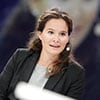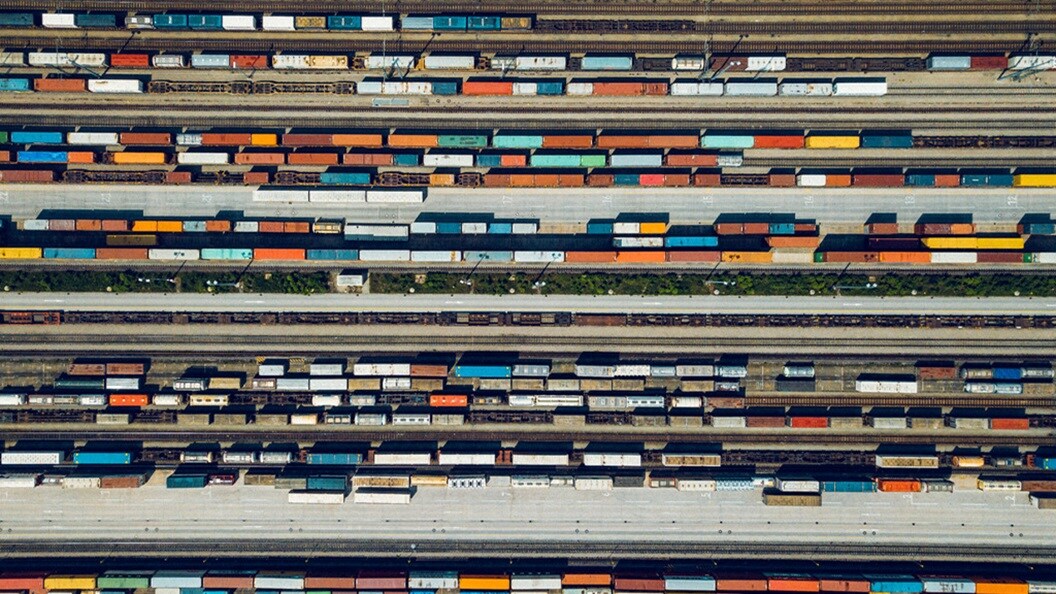This local and cost neutral solution reduces CO₂ emissions to zero and saves around 9.100 tons of CO₂ annually compared to conventional trains and approx. 40.000 tons compared to road transport.
Our aim is to be able to convert 100% of our rail inland network in a year from now, by Q1 2022. This is another example of Maersk’s effort to help customers reach their goals to reduce their CO₂ footprint.
Maersk rail transport in Germany is facilitated by ERS/boxXpress.de which operates 100% electric trains in the country. The Hamburg railway company uses 100 percent renewable hydropower. “It is recognised by TÜV Nord as “Certified Green Electricity,” explains Bernd Decker, managing director at ERS and Board member at boxXpress.de.
Despite challenging market conditions triggered by COVID-19, Maersk continues to make progress on its commitment to offering sustainable, future-oriented products. As the largest global container shipping and logistics company, Maersk continues supporting its customers to achieve their sustainability goals across their logistics supply chains.
About A.P. Moller - Maersk
A.P. Moller - Maersk is an integrated container logistics company working to connect and simplify its customers’ supply chains. As the global leader in shipping services, the company operates in 130 countries and employs roughly 80,000 people.
For more information, please contact:

无论您需要什么,我们都可以随时为您提供帮助
I agree to receive logistics related news and marketing updates by email, phone, messaging services (e.g. WhatsApp) and other digital platforms, including but not limited to social media (e.g., LinkedIn) from A. P. Moller-Maersk and its affiliated companies (see latest company overview). I understand that I can opt out of such Maersk communications at any time by clicking the unsubscribe link. To see how we use your personal data, please read our Privacy Notification.
By completing this form, you confirm that you agree to the use of your personal data by Maersk as described in our Privacy Notification.

